In an ideal world, our boating equipment would last forever, allowing us to enjoy endless adventures on the water without worry. However, even the most reliable equipment eventually requires replacement to maintain peak performance and safety. Understanding the lifespan of various boat components and knowing when to replace them is essential for keeping your vessel in top condition. PlashLights explored common lifespans for essential boat equipment and wants to provide you proper tips for replacement and maintenance.
At PlashLights, we take pride in the durability and longevity of our equipment. We offer a wide range of high-quality marine light bars, waterproof LED lights for boats, and other lighting solutions to suit your needs. Contact us today to learn more about our products and how they can enhance your boating experience.
How Long Will My Equipment Last?
Owning a watercraft involves various expenses, making it crucial to maintain every major component to avoid costly repairs. While proper maintenance can extend the lifespan of boat equipment, certain parts will inevitably require replacement over time. Here's a breakdown of common lifespans for key boat components.
Engine
The heart of your boat, the engine, is a critical component with a significant impact on performance and longevity. On average, a boat engine can last up to 1,500 hours before major repairs are needed. However, this lifespan can vary depending on factors such as usage, maintenance, and environmental conditions. Marine diesel engines tend to have a longer lifespan, lasting up to 4,500 hours with proper care and maintenance.
Drive Belt
The drive belt plays a crucial role in transferring power from the engine to various components of the boat. EPDM (ethylene propylene diene monomer) drive belts are known for their durability and can last up to 100,000 miles under optimal conditions. However, older style belts may need replacement after approximately 50,000 miles of use. Regular inspection and replacement of worn or damaged drive belts are essential to prevent unexpected failures and maintain optimal performance.
Hydraulic Fuel Lines
Hydraulic fuel lines are responsible for delivering fuel to the engine and other components of the boat's hydraulic system. Most hoses on a boat, including hydraulic fuel lines, have a lifespan of 10 to 20 years under normal operating conditions. However, exposure to harsh marine environments, UV radiation, and high temperatures can accelerate wear and deterioration. It's essential to inspect hydraulic fuel lines regularly and replace them as needed to prevent leaks and ensure proper functioning of the hydraulic system.
Marine Light Bars
Visibility is crucial for safe navigation on the water, especially during low light conditions or inclement weather. LED light bars offer superior durability and energy efficiency compared to traditional incandescent lights, making them ideal for marine applications. Marine LED light bars can last up to 50,000 hours, providing reliable illumination for approximately 11 years with daily use of up to 12 hours. Regular maintenance, such as cleaning and inspection for water ingress or corrosion, can help prolong the lifespan of marine light bars and ensure optimal performance.
How to Extend the Lifespan of Your Boat Equipment
While boat equipment has a finite lifespan, there are steps you can take to prolong its longevity and maximize its performance. Here are some tips to help you make your boat equipment last longer:
Regular Maintenance
Implementing a routine maintenance schedule for your boat engine, drive belt, hydraulic fuel lines, and marine light bars can help identify any issues early on and prevent major breakdowns. Follow the manufacturer's guidelines for maintenance intervals and procedures to keep your equipment running smoothly.
Proper Storage
When your boat is not in use, store it in a dry, covered area to protect it from the elements. Exposure to harsh weather conditions such as sun, rain, and saltwater can accelerate wear and tear on your equipment. Consider investing in a boat cover or storage unit to shield your boat from environmental damage.
Cleanliness
Keep your boat clean by regularly washing it with fresh water to remove salt, dirt, and debris. Saltwater and contaminants can corrode metal components and degrade rubber hoses over time. Additionally, clean and lubricate moving parts to prevent friction and extend their lifespan.
Avoid Overloading
Be mindful of the weight capacity of your boat and avoid overloading it with excessive gear or passengers. Overloading can strain the engine, drive belt, and hydraulic fuel lines, leading to premature wear and potential failure. Distribute weight evenly and remove unnecessary items to reduce stress on your equipment.
Upgrade Wisely
Consider upgrading outdated or worn-out equipment with high-quality, durable replacements. Invest in marine light bars with advanced LED technology for superior longevity and performance. Choose reputable brands and consult with professionals to ensure compatibility and proper installation.
By following these tips and practicing proactive maintenance, you can significantly extend the lifespan of your boat equipment and enjoy years of smooth sailing on the water.
PlashLights: The Leader In Marine Lighting
By understanding the lifespan of your boat's equipment and knowing when to replace key components, you can ensure that your vessel remains safe and reliable for years to come. Invest in high-quality marine light bars and other essential equipment to maximize performance and enjoy worry-free boating adventures. Trust PlashLights for all your marine lighting needs, and embark on your next journey with confidence.


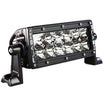
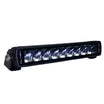
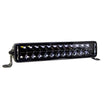
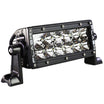
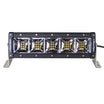
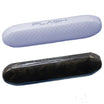
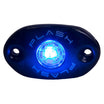
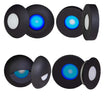
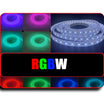
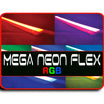
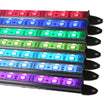
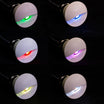
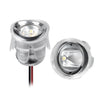


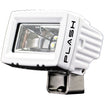
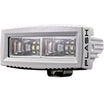
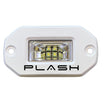
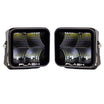
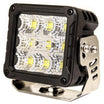
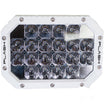
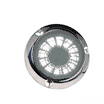
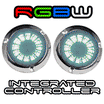
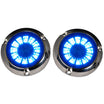
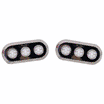
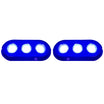
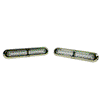
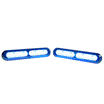
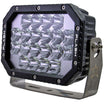
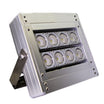
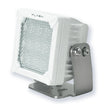
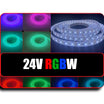
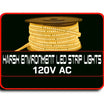
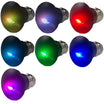
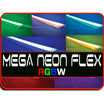
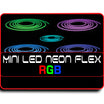
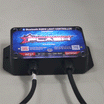
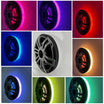
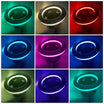
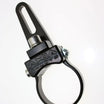
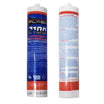
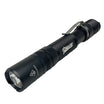
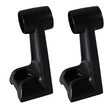
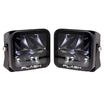
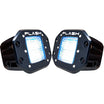
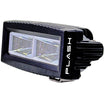
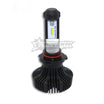
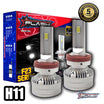
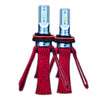
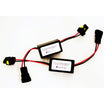
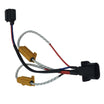
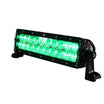
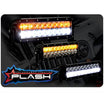
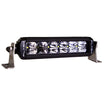
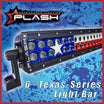
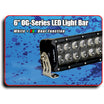
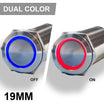
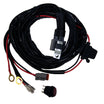
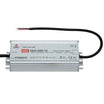
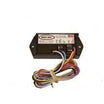
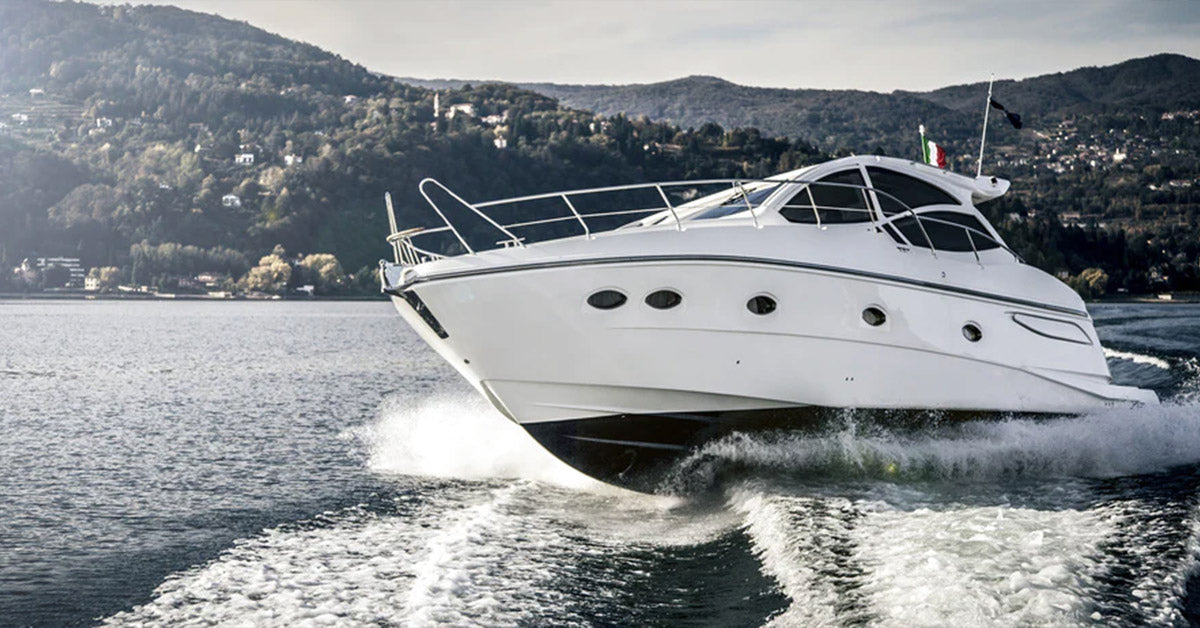
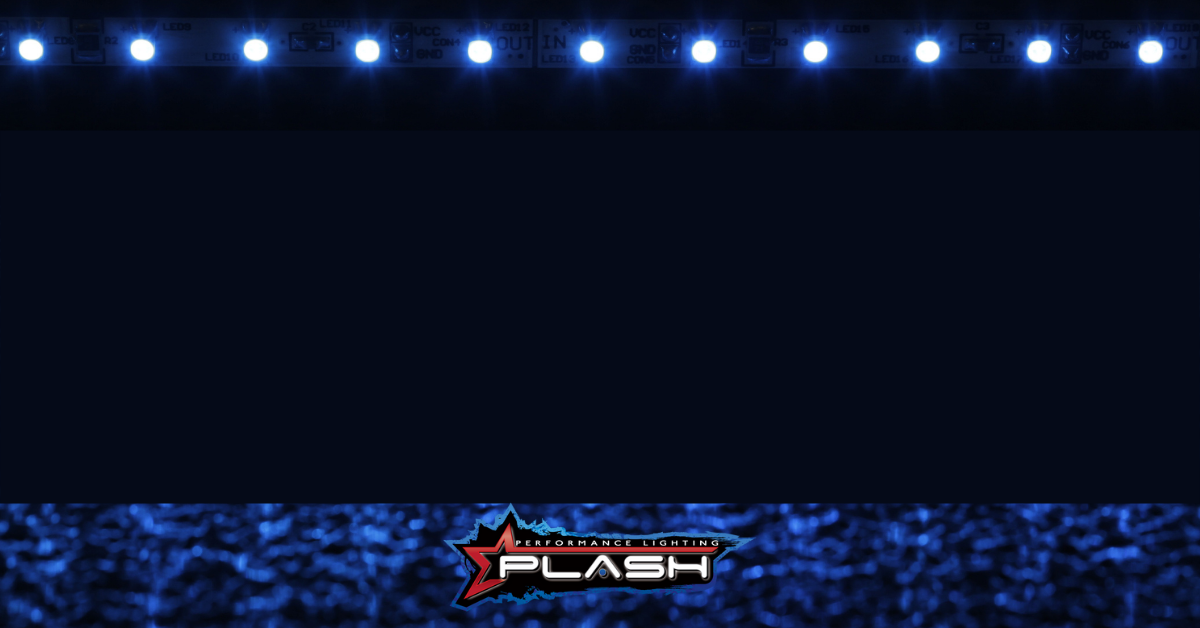
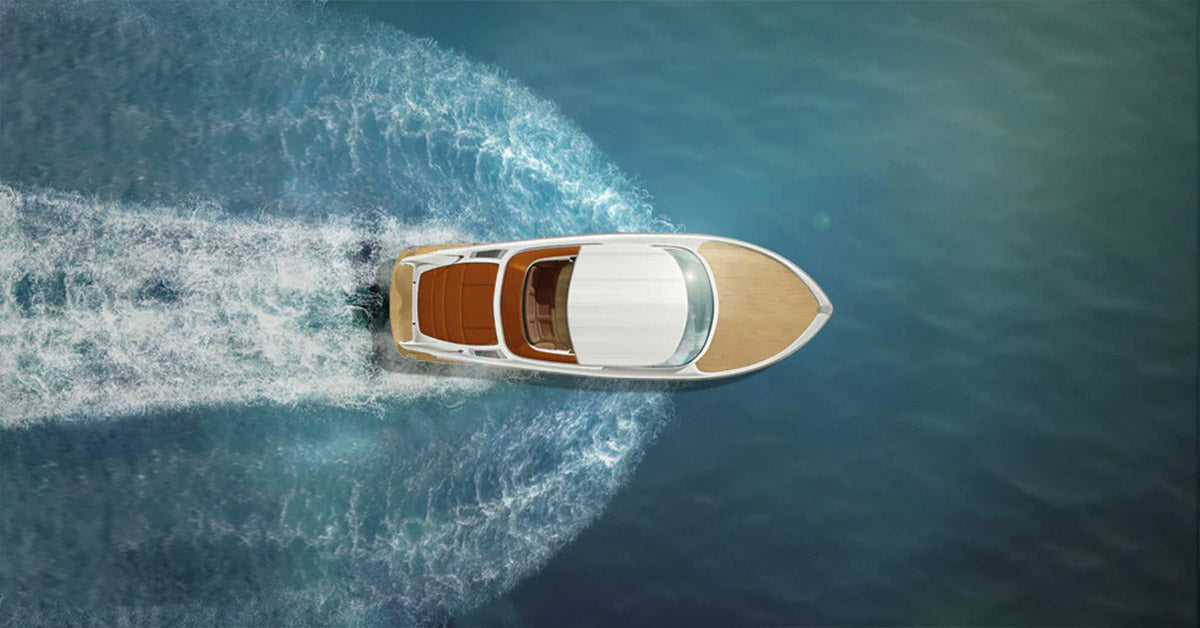
Leave a comment
This site is protected by hCaptcha and the hCaptcha Privacy Policy and Terms of Service apply.